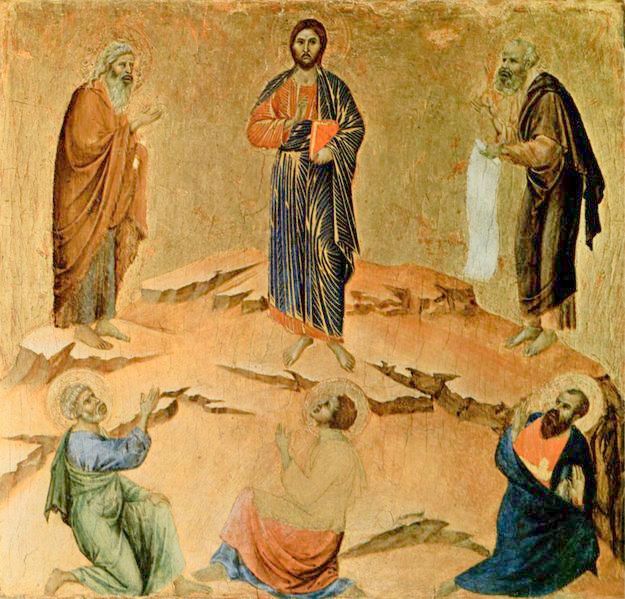 |
| Image via Wikimedia Commons |
For the first reading, simply read through the passage. Afterward, sit quietly for a time. Note what word or phrase stands out for you.
For the second reading, we will focus on the parable alone in verses 6-9. This time try to put yourself in the story. You are the gardener. Now, read the text. Again, sit quietly and prayerfully before God. After a time, consider what it felt like to play the role of the gardener. What did it feel like to be asked to cut down the tree? How much effort are you willing to put into saving it? Why do you care? What other thoughts and questions come to mind? Take time to jot them down.
Finally, read through verses 6-9 again, but this time you will attempt to place yourself in the story as the fig tree. Read the text. Sit quietly and prayerfully before God. What did it feel like to be the tree in the story? If you imagine your own spiritual life as the tree, are you in good health? Are you bearing fruit? Are there areas where you might need tender care in order to flourish? If so, bravely lift them in prayer before the Lord.
I pray that you are making yourself available to the Gardener during your Lenten journey. May God bless you and those you love in every way.
Shalom,
Glenda


